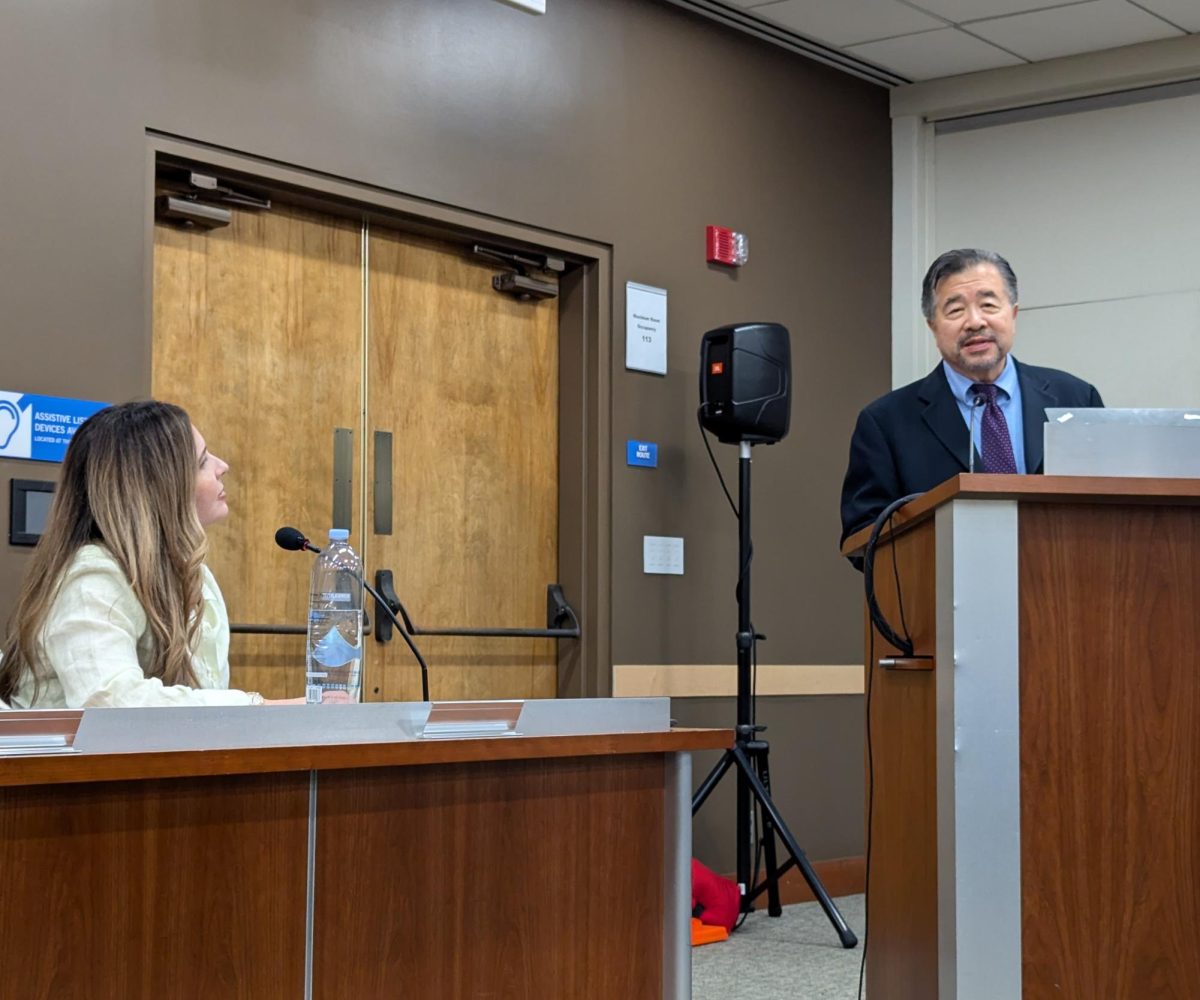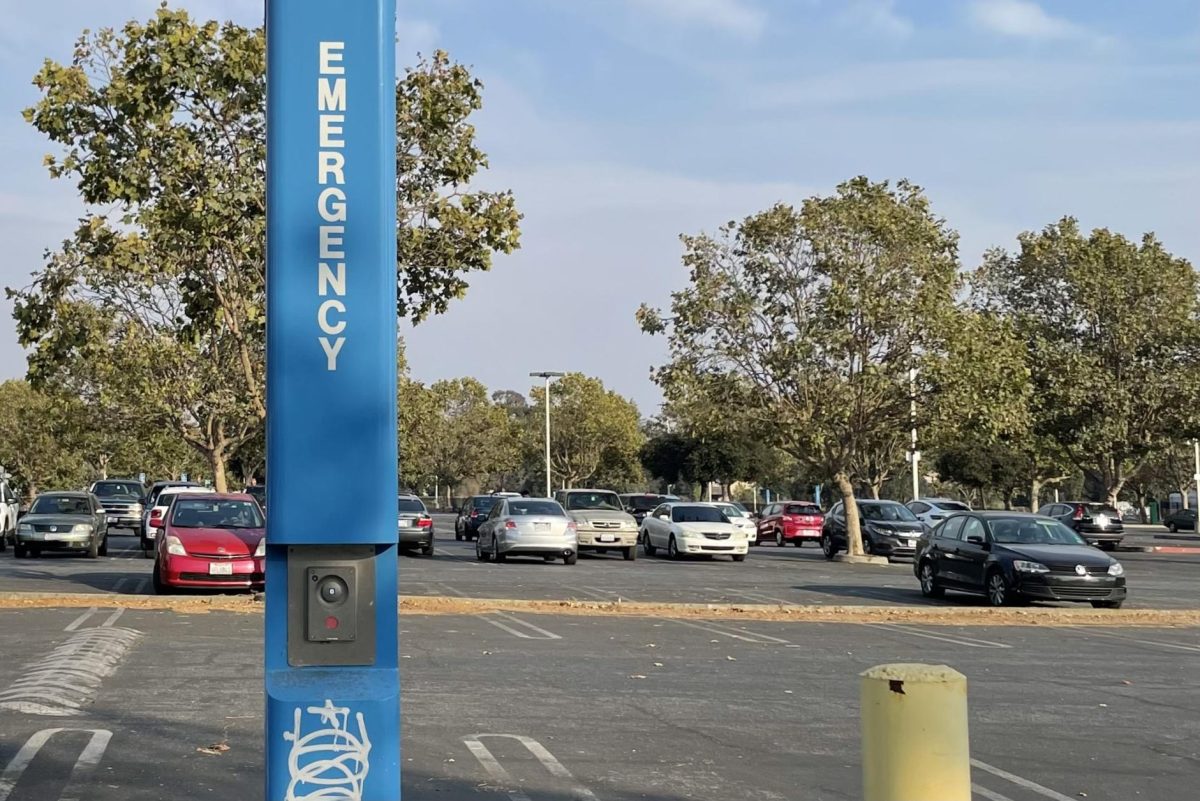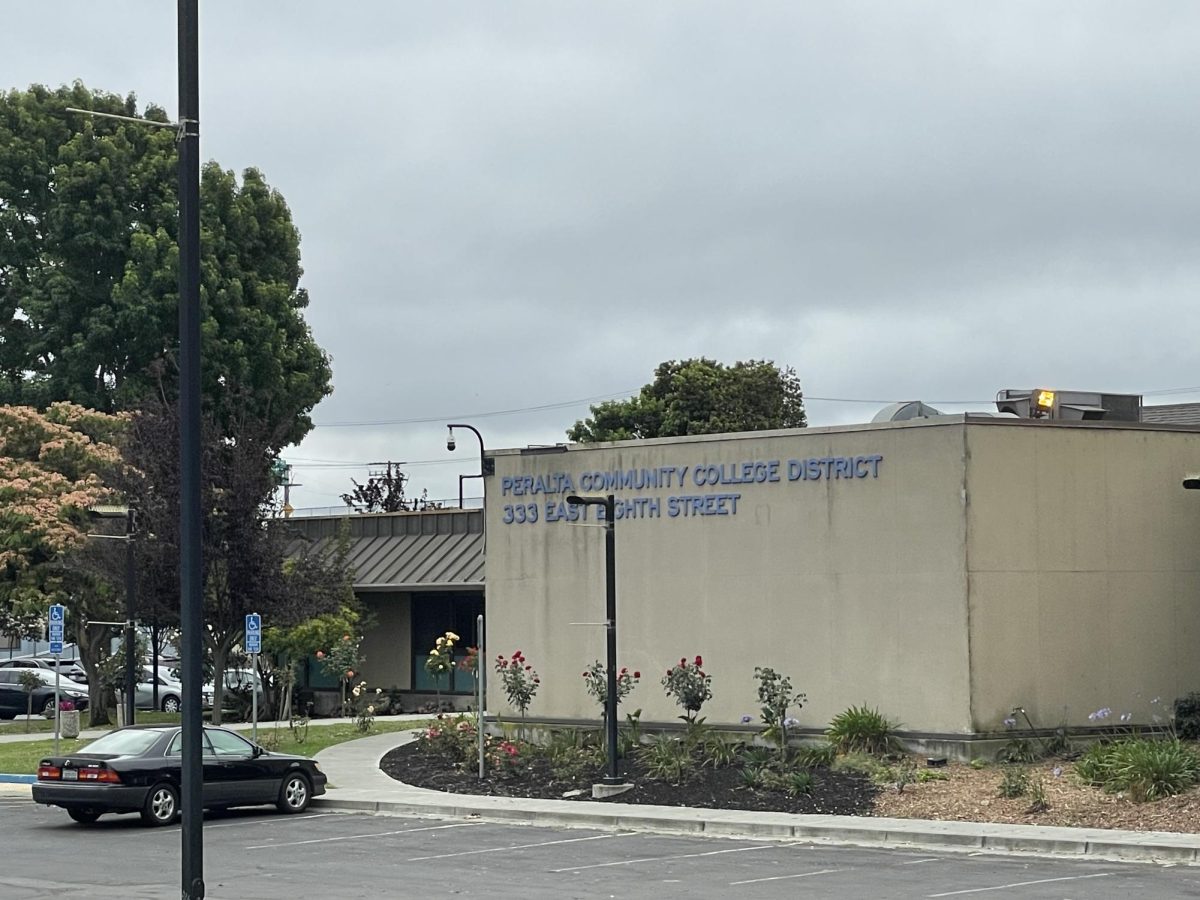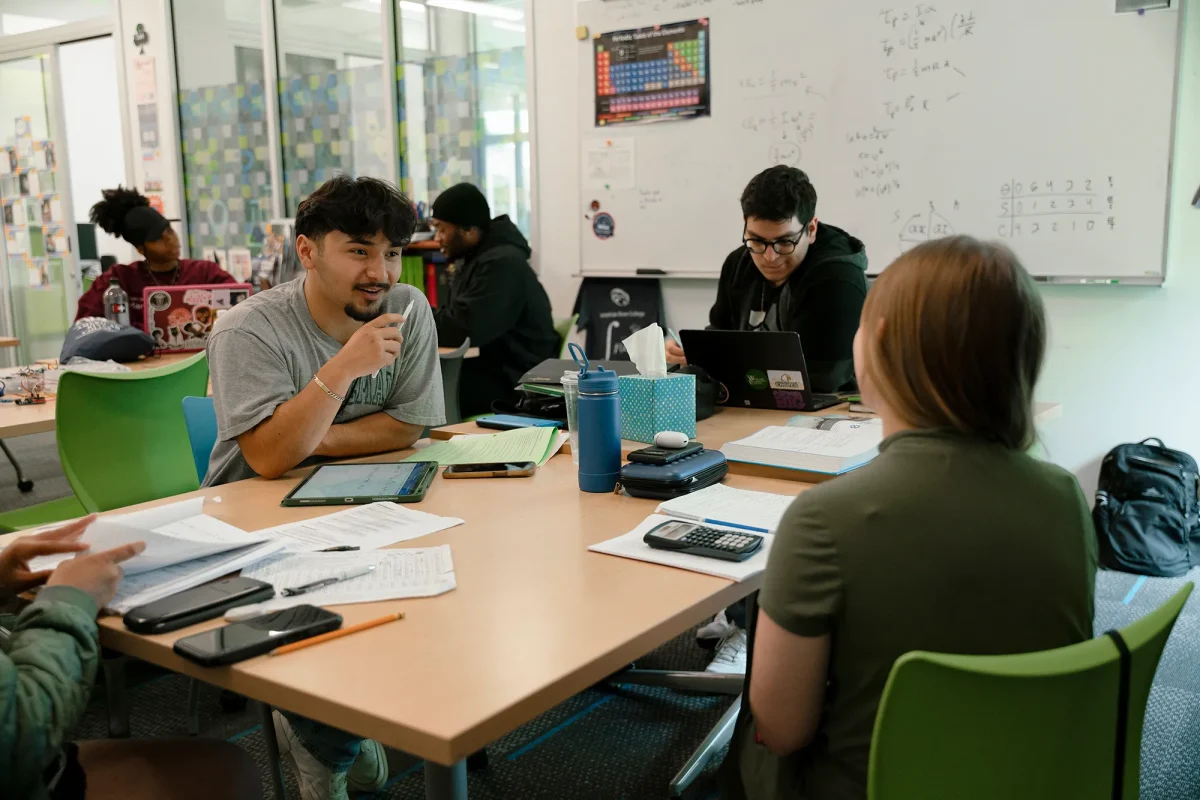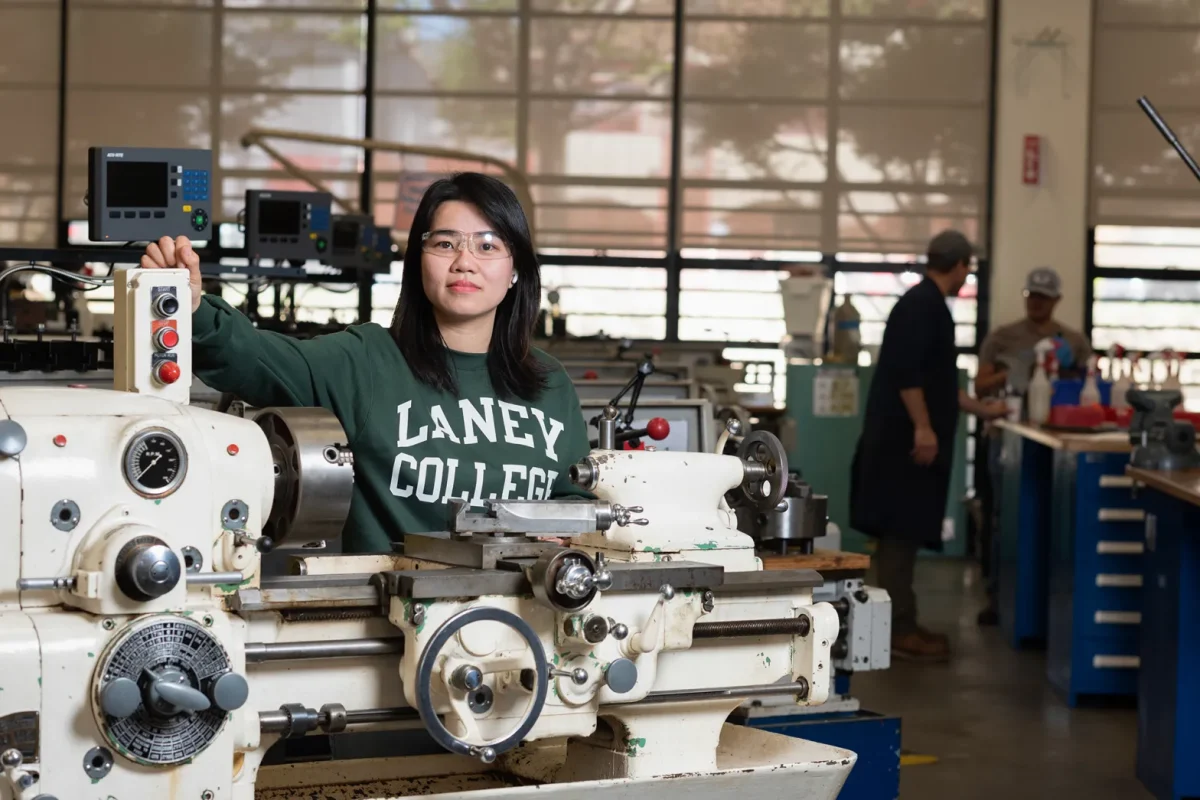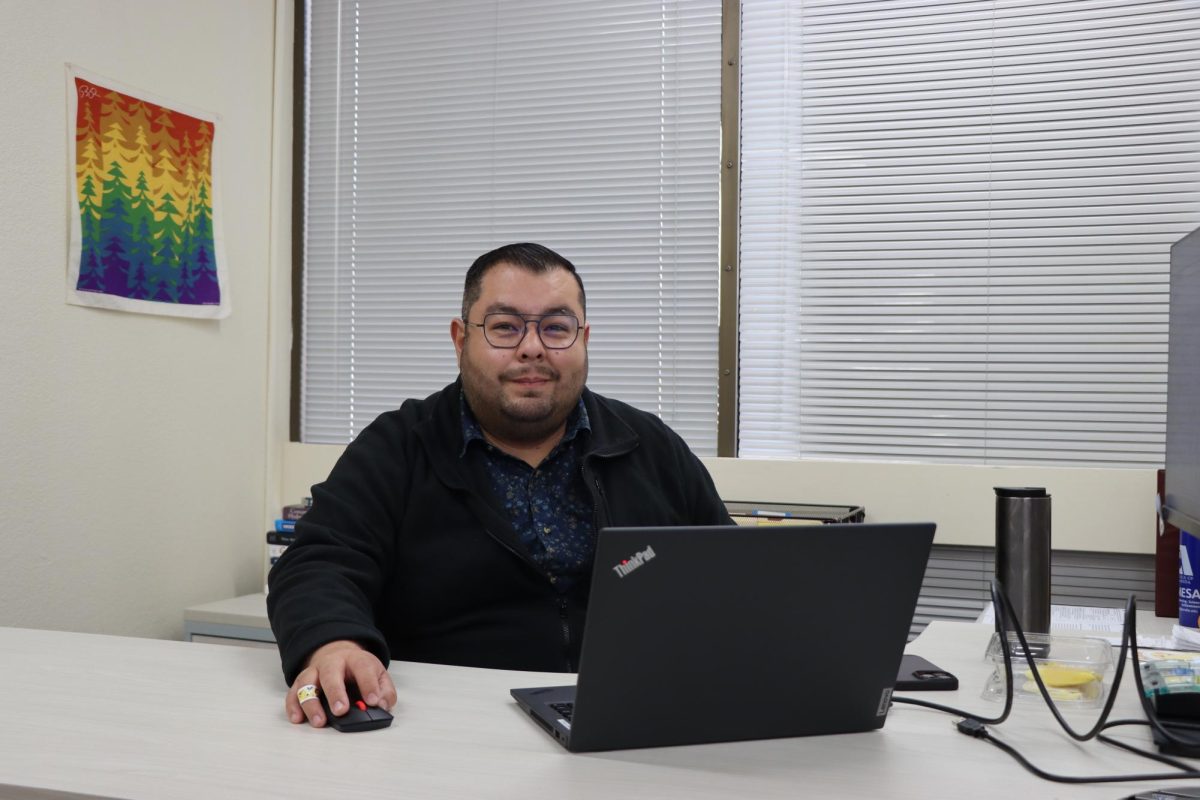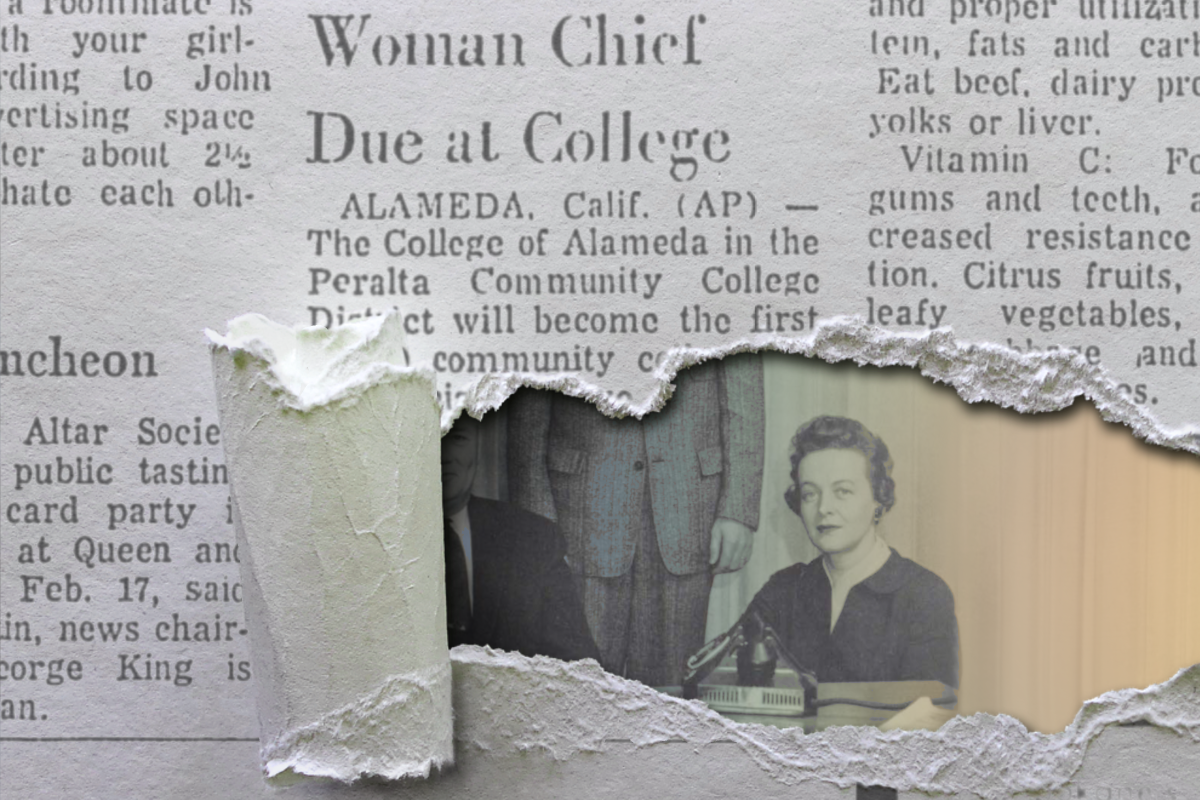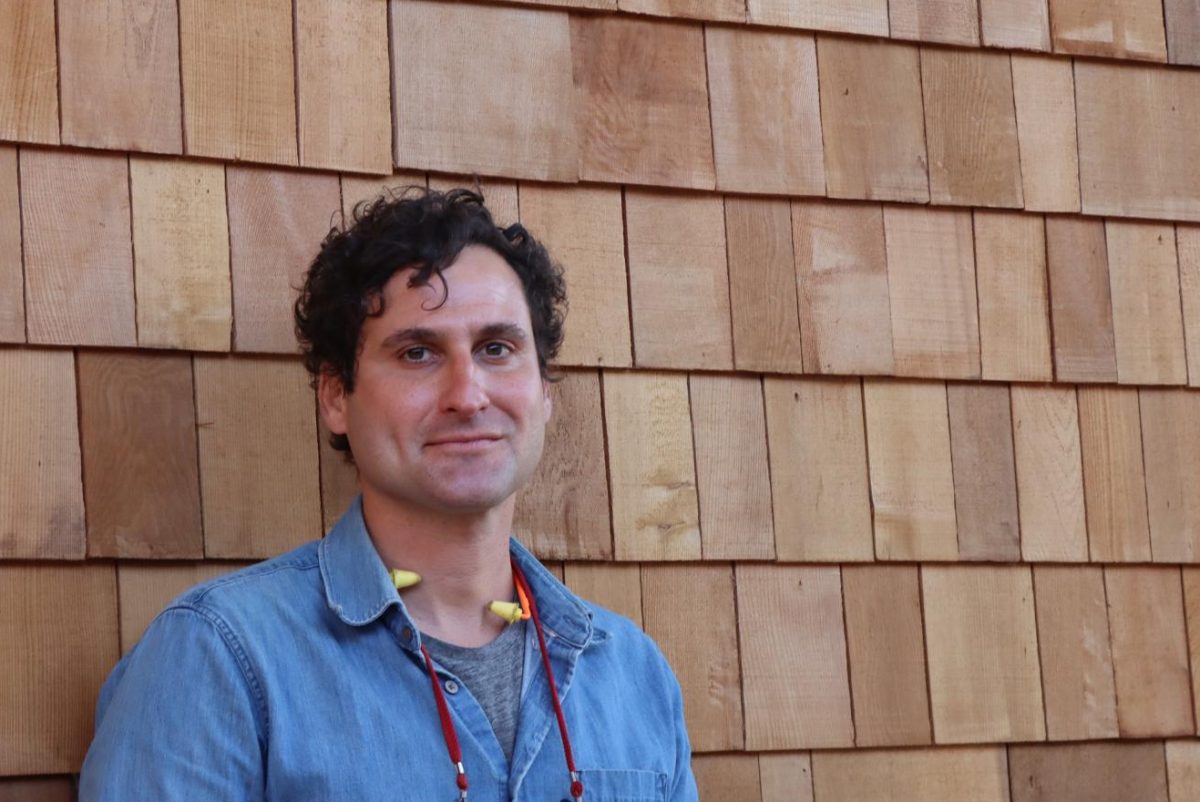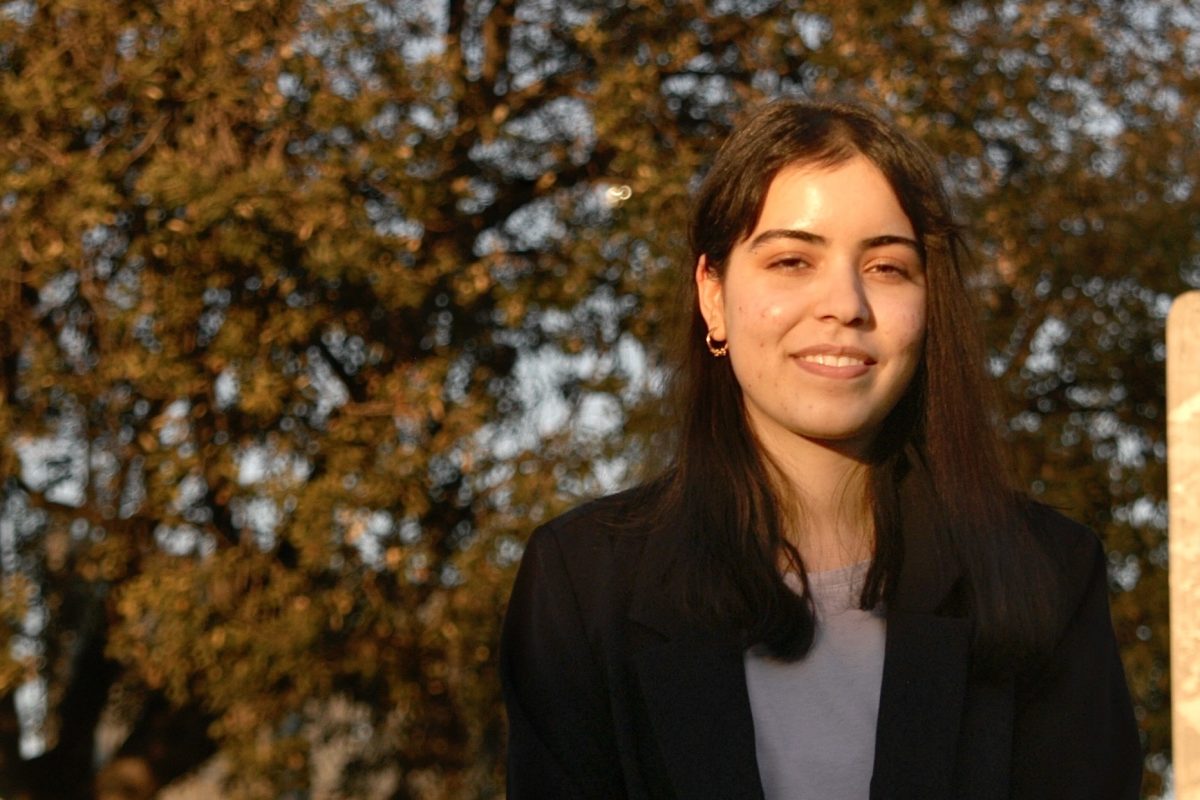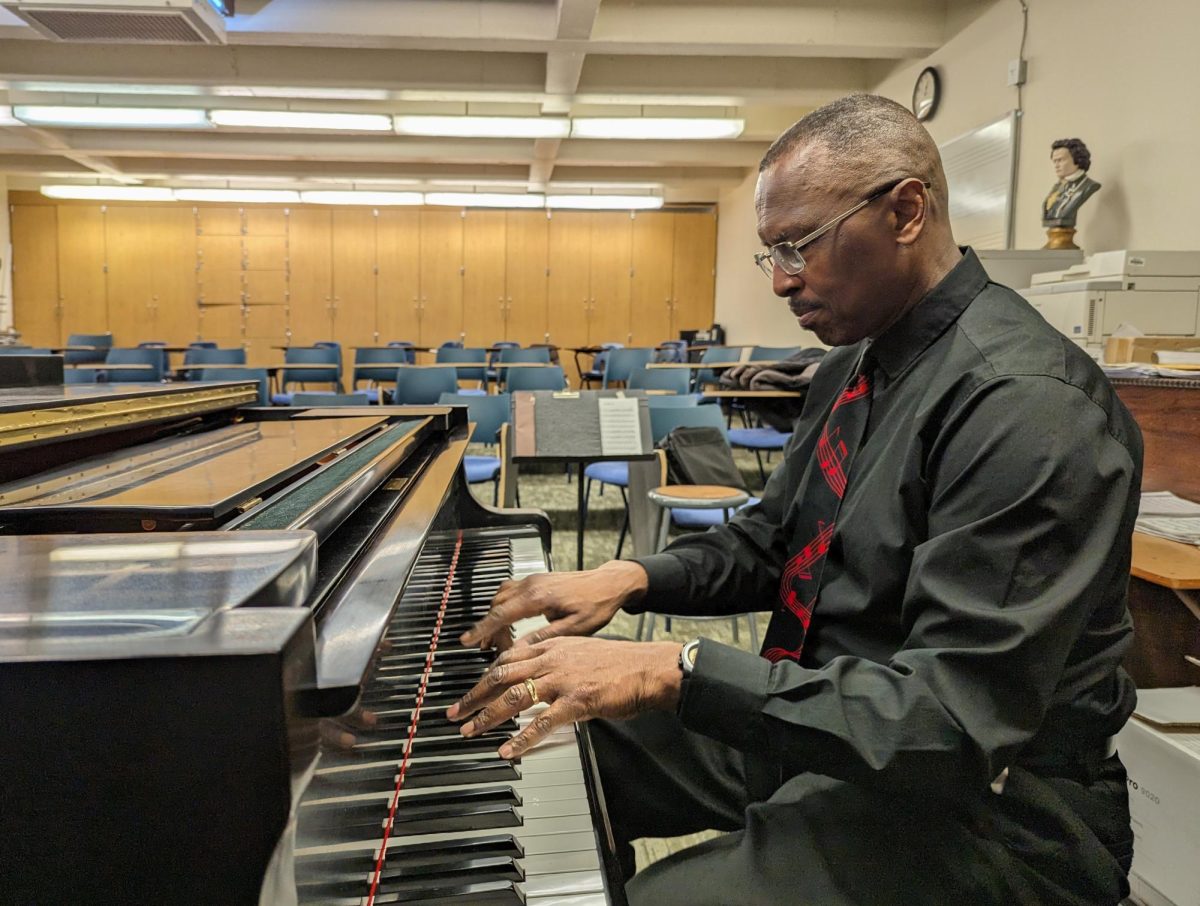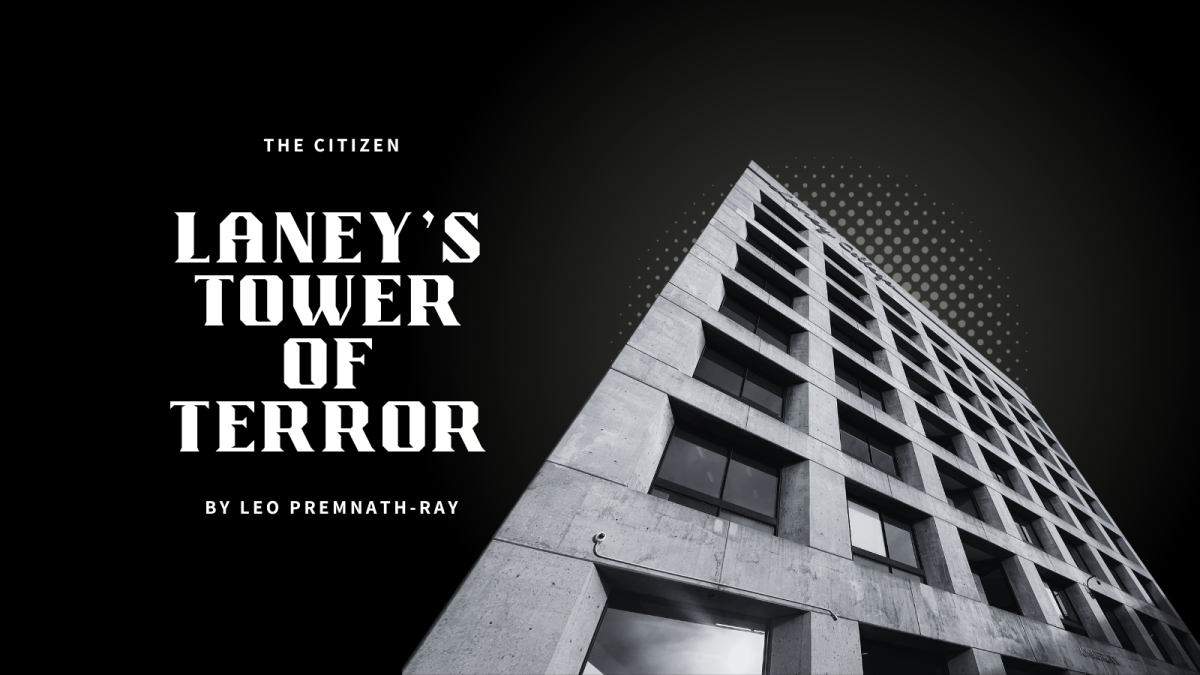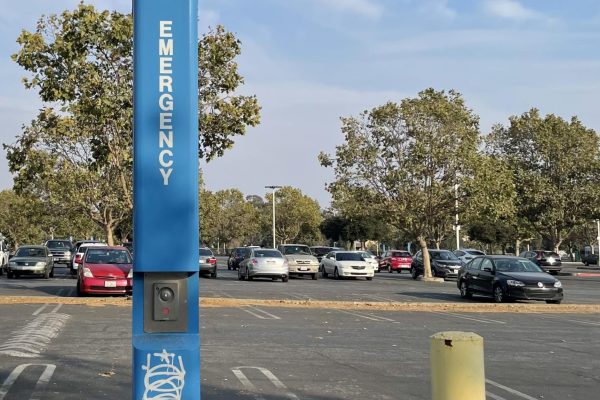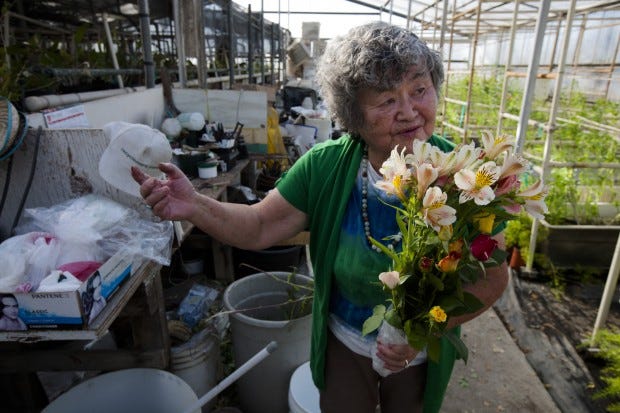
Just before Pearl Harbor was attacked, Flora Ninomiya’s family had established a cut-flower business in Richmond
By Chadidjah McFall
As historian Howard Zinn put it, “One Congressman [Mississippi Democrat] John Rankin] said: ‘I’m for catching every Japanese in America, Alaska and Hawaii now and putting them in concentration camps…Damn them! Let’s get rid of them now!’”
The film “Blossoms and Thorns” tells this story from many points of view, including those of families in California like Ninomiya’s who owned cut-flower businesses before incarceration.
The history is harrowing. President Franklin D. Roosevelt signed Executive Order 9066 in February 1942, “giving the army the power… to arrest every Japanese-American on the West Coast — 110,000 men, women and children — to take them from their homes, transport them to camps far into the interior, and keep them there under prison conditions.”
Most Japanese Americans lost everything as a result of this policy. They left the camps penniless with nowhere to go back to.
—
The Supreme Court upheld the forced evacuation on the grounds of military necessity in 1944, and the Japanese remained in those camps for more than three years.
Like three-fourths of those interned in these camps, Ninomiya was a Nisei, a U.S.-born citizen.
The Nisei didn’t resist in large numbers, she says, because most of them were too young to vote.
In addition, their culture encouraged cooperation rather than defiance. The Issei, immigrants born in Japan, had been “barred by law from becoming citizens,” according to Zinn.
Ninomiya’s family was unusual. Their neighbor paid their property taxes during internment and a banker held their mortgage for them.
—
Ninomiya and her family had to leave their home immediately, taking only what they could carry, relocated to a camp in which they had no opportunity to earn money. They couldn’t pay the mortgage or property taxes on their greenhouse.
Most Japanese Americans lost everything as a result of this policy. They left the camps penniless with nowhere to go back to.
Ninomiya’s family was unusual. Their neighbor paid their property taxes during internment and a banker held their mortgage for them.
In the film, the neighbor remembers his own Swiss immigrant family’s fear of discrimination when he was a child.
The film focuses on the impact and legacy of Japanese internment, including the stories of those hurt and those who helped.
“Blossoms and Thorns” is scheduled from 2 to 3 p.m. on April 4, 13, and 20 at Richmond’s Rosie the Riveter WWII Home Front National Historical Park.
Chadidjah McFall is a Tower Staff Writer.


